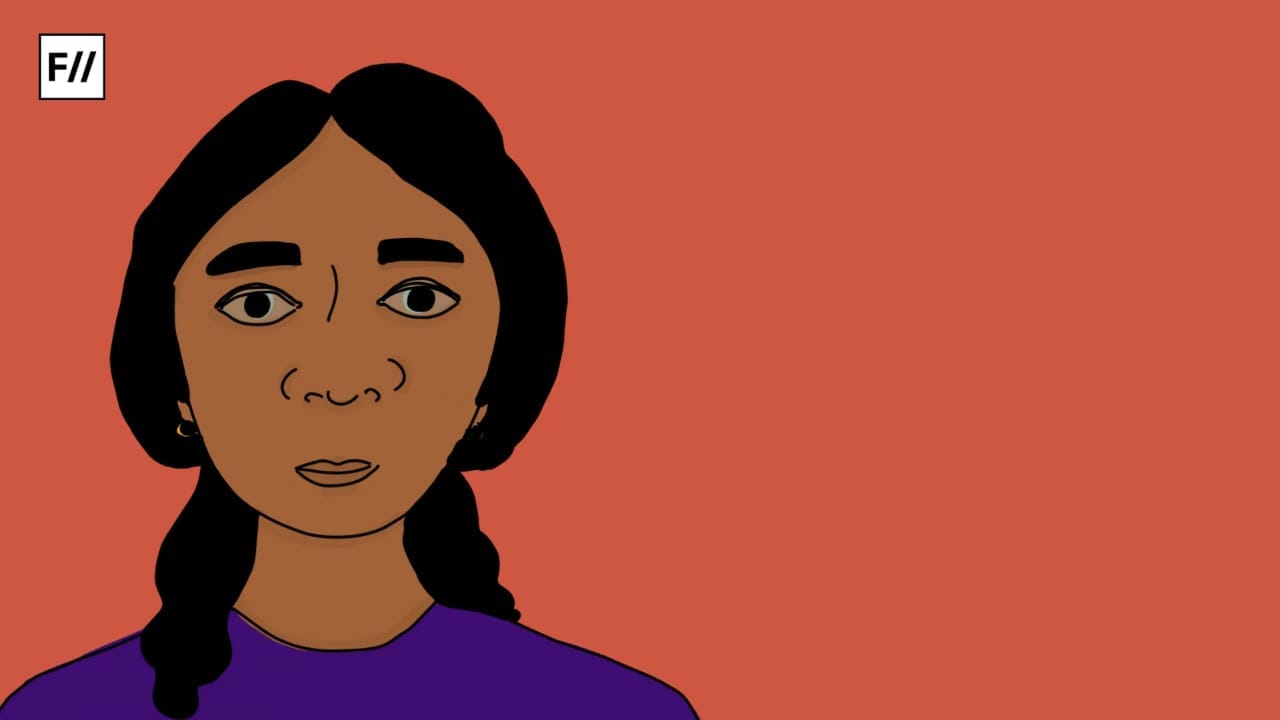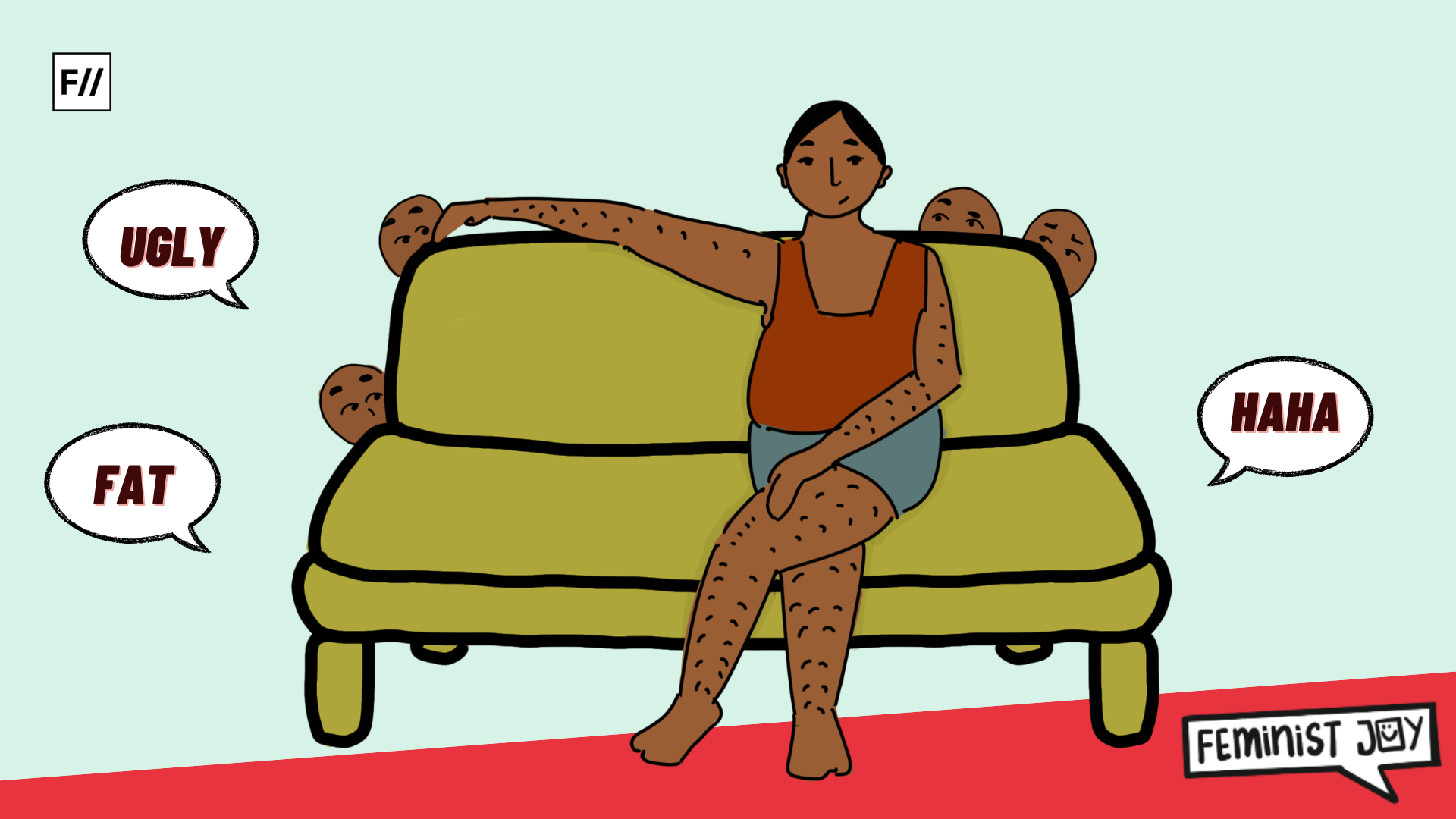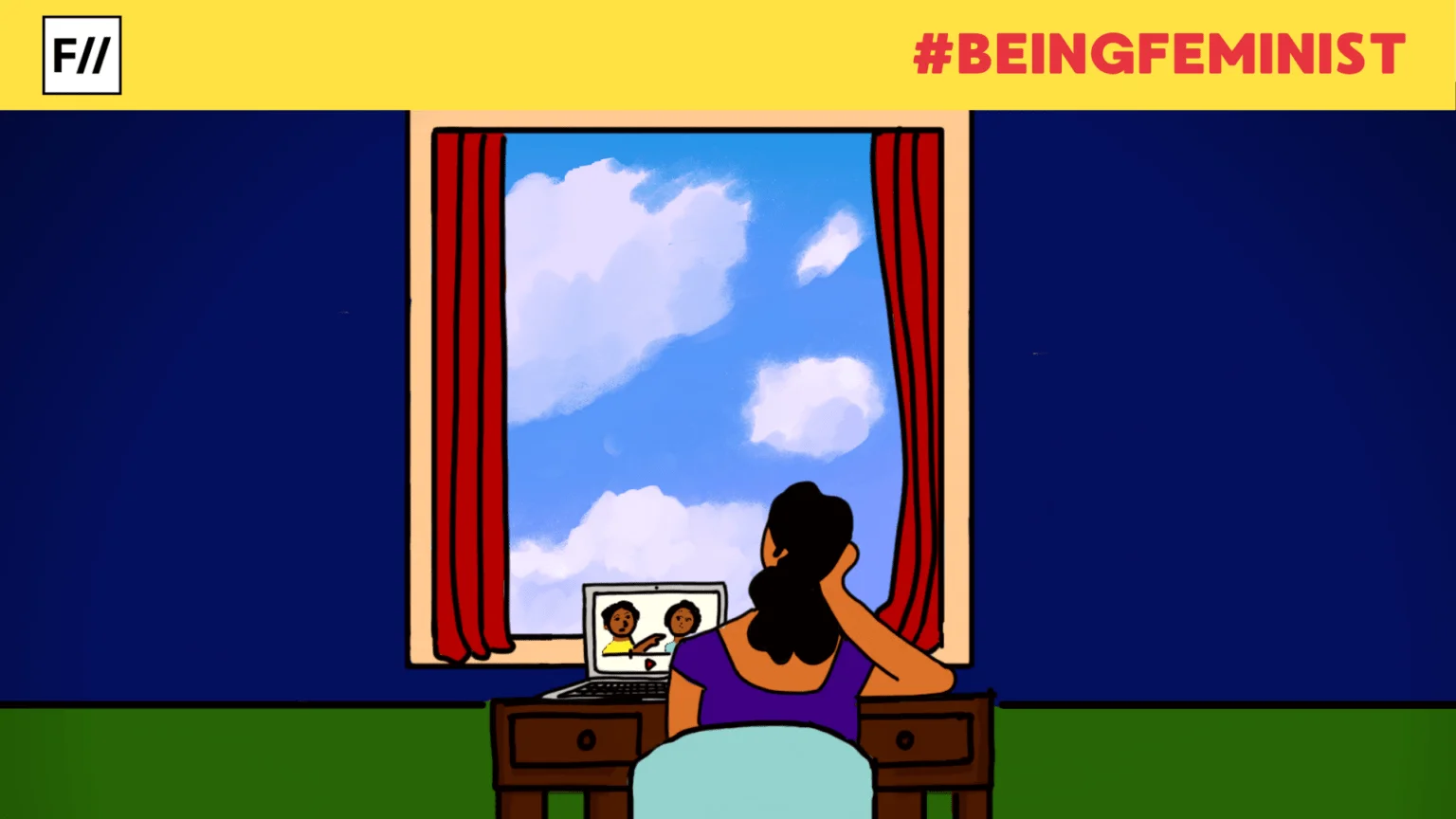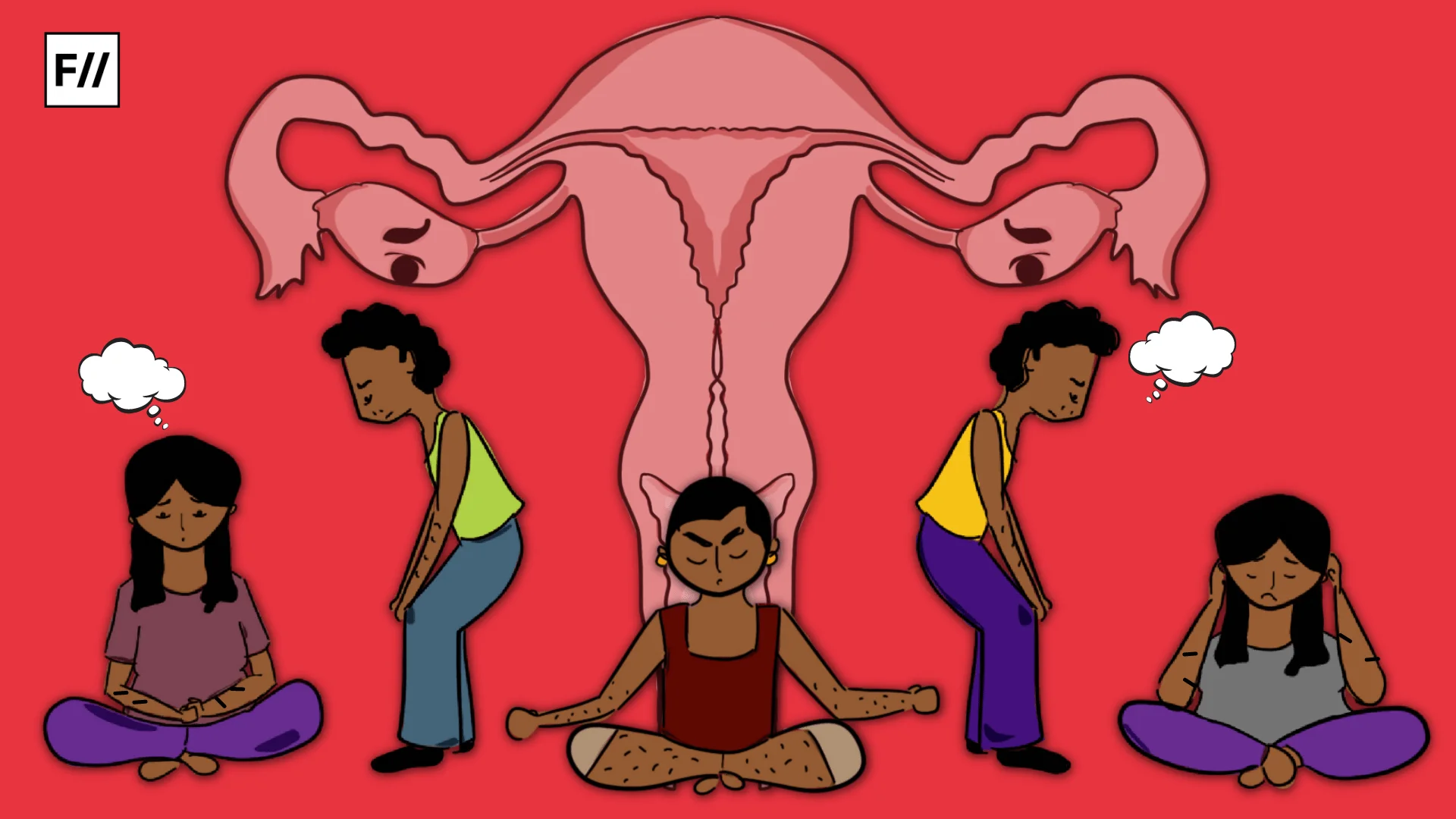It must have been two months into my pregnancy when I told my dentist about it. Under normal circumstances, I wouldn’t have shared this big news of becoming a mother so early on, but my gums were already bleeding, and my gynaecologist didn’t want me to lose any blood. And so, I had to meet her to get a prescription for a certain gel. But after the initial wave of ecstatic ‘congratulations!‘ and ‘welcome to the other side!‘, Neha, who had her two-year-old hanging out at the clinic with his aaya, dispensed a barrage of grim prophecies on me.
‘Now just you wait to see how your life changes.’
‘Pregnancy is the easy part — it is going to get absolutely crazy!‘
‘You’ll be up till late in the night. Sometimes I didn’t sleep all night!’
‘Sleep deprivation is real. Your husband and you will fight so much — be warned.‘
This left me dumbfounded. It was an information overload, and I couldn’t help but zone out. There was not a single moment when she shared something genuinely positive about pregnancy, delivery, and motherhood, even with her child sitting just a few metres from her.
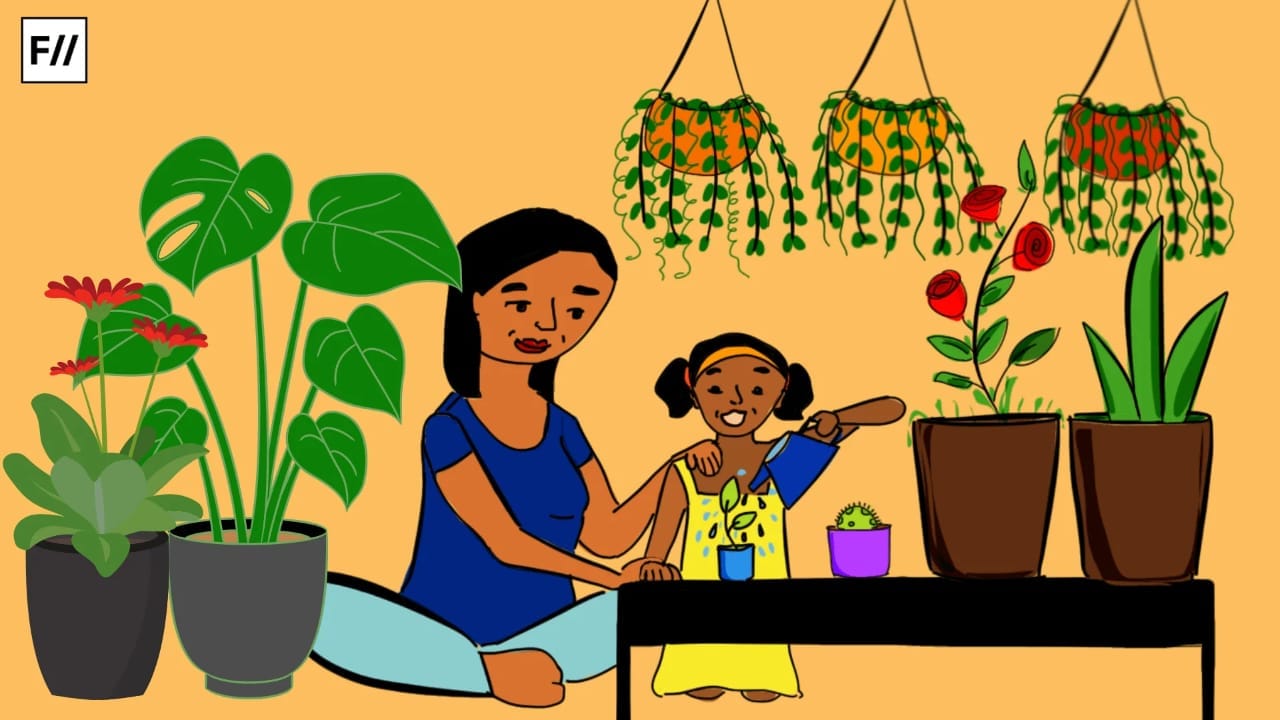
It often happens with expecting mothers: pregnancy announcements invite a lot of unsolicited comments from friends, family and sometimes even acquaintances. As unwelcome as these are, they only ever come from women. There are dire warnings about delayed or lost careers, strained marriages as a result of stress and unmet expectations, remarks along the lines of ‘just wait till…‘ delivered with an almost sadistic tone, to name a few. The messaging in all this is quite clear: ‘As a new mother, you are in for suffering‘.
Why do some women and mothers respond this way?
Sometime later when I asked Neha why she inundated me with all the negativity, she told me, ‘I was only informing you! I wish I knew all this when I was expecting!’ What’s funny is that Neha’s mother is a gynaecologist based in Noida – one would assume she’d know better.
So, I asked Dr Sonal Anand, a psychiatrist at Wockhardt Hospitals, if some women genuinely think they are spreading quality information when sharing negative experiences.
‘Some women tend to respond emotionally to news of pregnancy as it may trigger unresolved pain from their own experiences,‘ she tells me, adding, ‘Maybe miscarriages, infertility, or even premature births. These reactions could be a reflection of personal grief or loss. Sometimes, the intention can be just to warn the pregnant woman so that she can take utmost care.’
There is no doubt that motherhood hits like a truck. It leaves no time for one to process its impact.
There is no doubt that motherhood hits like a truck. It leaves no time for one to process its impact. Following the delivery of the baby, a woman is immediately thrust into an unknown world. With their own emotions unresolved, another woman’s pregnancy triggers exhaustion, frustration and unfortunately, even resentment.
Pivoting the conversation around motherhood from self-sacrifice and duty
There is a lot of invisible labour that goes into childcare. One could try making a comprehensive list of all the things that go into taking care of a baby, not just post-birth but even during pregnancy, and fail. As someone expecting today, I won’t be able to do justice to what lies in my future.
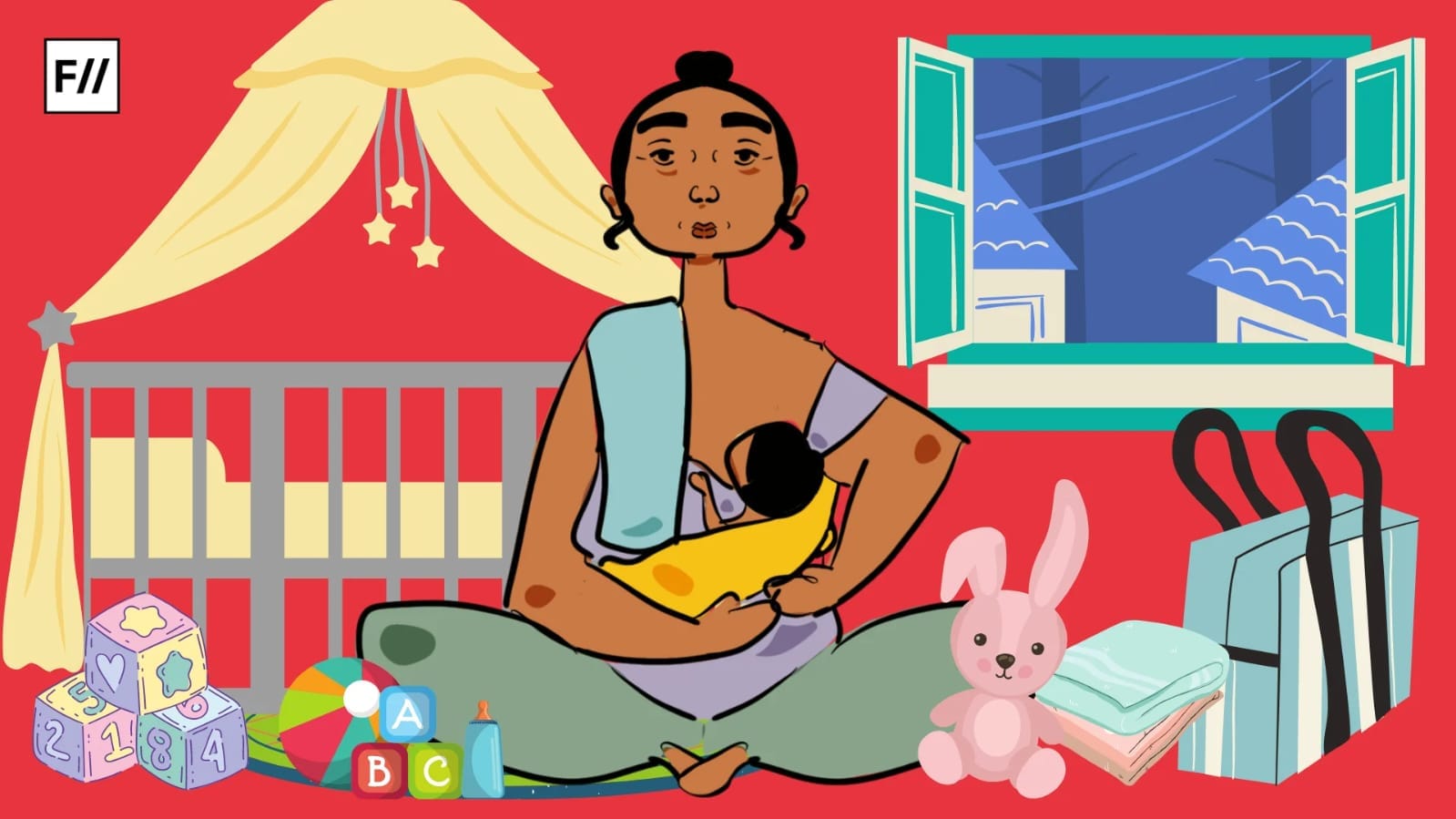
Perhaps this boils down to how we as a society view motherhood as the pinnacle of self-sacrifice, duty, endurance, martyrdom, resilience in silence and fulfilment of womanhood.
It was after getting pregnant that I discovered just how detrimental the entire process of childbearing and childbirth is to a woman’s physical and mental health. And when I expressed my surprise to my gynaecologist, she told me, ‘That is why they say Mother Earth and not Father Earth. That is why you are the Mother — your baby is always going to look up to you. You will always be held to a standard, not the father. You are Mount Everest compared to the father’s Nandi Hills.‘
Dr Anand says it is imperative to pivot the conversation surrounding motherhood and instead focus on the realities of pregnancy, health and safety concerns, and postpartum care, depression, loss of identity, and break in careers.
‘In cases of planned pregnancies, the gynaecologist can educate the couple about possible difficulties. Sometimes, couples can have open discussions before marriage only.’ But most important is the role of mothers in the house. ‘Mothers need to share their experiences with their daughters and sons. They need to talk about their pain and anguish. It starts a conversation and shows the true face of the so-called sacrifices.‘
A consultant obstetrician and gynaecologist at Motherhood Hospital, Dr Mansi Sharma agrees. ‘It’s vital to educate young women about the physical, emotional, and social realities of pregnancy and postpartum life, and not just its idealised aspects,‘ she says.
A consultant obstetrician and gynaecologist at Motherhood Hospital, Dr Mansi Sharma agrees. ‘It’s vital to educate young women about the physical, emotional, and social realities of pregnancy and postpartum life, and not just its idealised aspects,‘ she says. ‘This awareness should begin with open, honest dialogues, and help them to make informed choices and seek support when needed. At home, this topic should also be discussed between the mother and sisters and other family members, and debunk any myths.’
Educating daughters
Hospitals and health-care centres these days conduct several sessions to keep women informed about their pregnancies. Some conduct online sessions around childbirth, pain management, lactation, physiotherapy, and postpartum nutrition, among other issues, while also offering one-on-one sessions.
Negative accounts from other mothers affect the expecting mother. Some things can be shared, some need a disclaimer, and others need to be discussed in a confidential setting with a medical professional.
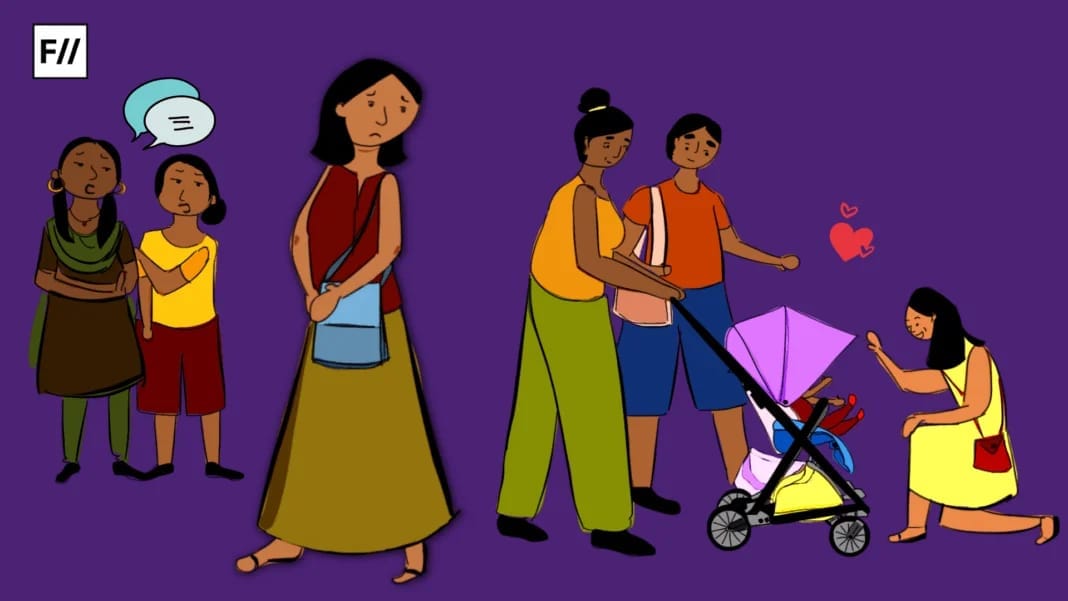
Although women today are more informed about pregnancy and postpartum than, say, our mothers, the line between information and misinformation is blurred, says Dr Anand. And here is where professional intervention is necessary. ‘People are dynamic with different needs. We mental health professionals are trained to cater to these dynamic needs. There is a difference between ranting/ sharing and counselling, getting treatment.’
Reimagining postpartum roles within the family instead of putting the onus on just mothers
If the entire onus of nourishment and care of the baby falls on only the mother, she will take longer to heal (mentally and emotionally) if at all. Reimagining postpartum roles within the family is essential if we want to break this cycle, enabling recovery for mothers and not just their survival, says the expert. That means shifting from mother-centric caregiving to a shared family responsibility. ‘It consists of active partner participation when it comes to baby care, doing household chores, emotional support, and ensuring the mother’s rest and recovery,’ says Dr Sharma.
Redefining motherhood begins with awareness, honesty, empathy, and education. Recognising the value of invisible labour helps create a positive environment where mothers can truly heal and thrive.
About the author(s)
Pooja Salvi is a features writer exploring culture, people, and the nuances of urban life while shuttling between Bengaluru and Mumbai. She also publishes a newsletter on love, loss and grief.
You can follow her on Instagram at @sire_writeous.
